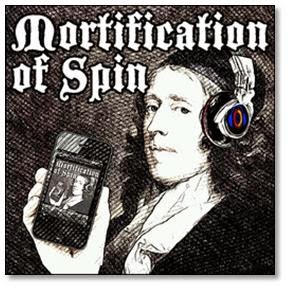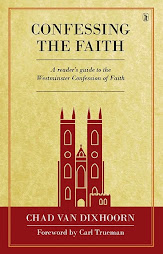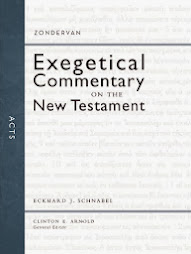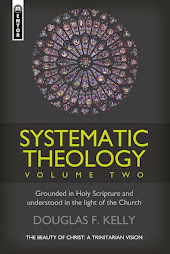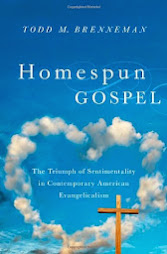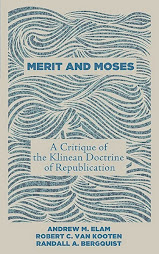
All abortion providers know that what they do is an act of destruction. Try as they might they cannot escape the truth that abortion is homicide. What is more, abortion is homicide against the weakest and most vulnerable members of the human family. It is the most heartless of heartless actions. It is the cruelest of cruel acts.
In an outstanding article in the Weekly Standard David Daleiden and Jon A. Shields explore the reasons why so many abortionists are turning pro-life.
In the aftermath of Roe v. Wade, second-trimester abortions were usually performed by saline injection. The doctor simply replaced the amniotic fluid in the patient’s uterus with a saline solution and induced labor, leaving it to nurses to dispose of the expelled fetus. That changed in the late 1970s, when “dilation and evacuation” (D&E) emerged as a safer method. Today D&E is the most common second-trimester procedure. It has been performed millions of times in the United States.
But although D&E is better for the patient, it brings emotional distress for the abortionist, who, after inserting laminaria that cause the cervix to dilate, must dismember and remove the fetus with forceps. One early study, by abortionists Warren Hern and Billie Corrigan, found that although all of their staff members “approved of second trimester abortion in principle,” there “were few positive comments about D&E itself.” Reactions included “shock, dismay, amazement, disgust, fear, and sadness.” A more ambitious study published the following year, in the September 1979 issue of the American Journal of Obstetrics and Gynecology, confirmed Hern and Corrigan’s findings. It found “strong emotional reactions during or following the procedures and occasional disquieting dreams."...
(Pro-choice advocates also falsely insist that second-trimester abortions are confined almost exclusively to tragic “hard” cases such as fetal malformation. Yet a review of the literature in the April 2009 issue of the American Journal of Obstetrics and Gynecology found that most abortions performed after the first trimester are sought for the same reasons as first-trimester abortions, they’re just delayed. This reality only intensifies the guilt pangs of abortion providers.)
Theologians and philosophers call it Natural Law. Those who dismember babies in their mother's wombs cannot not know it is a heinous act. Daleiden and Shields quote Paul Jarrett who stopped performing abortions. The moment that ended it for him happened after he aborted a baby at 14 weeks of gestation: “As I brought out the rib cage, I looked and saw a tiny, beating heart,” he would recall. “And when I found the head of the baby, I looked squarely in the face of another human being—a human being that I just killed.”
The article also makes reference to a former employee of notorious late-term abortionist George Tiller.
Handling fetal remains can be especially difficult in late-term clinics. Until George Tiller was assassinated by a pro-life radical last summer, his clinic in Wichita specialized in third-trimester abortions. To handle the large volume of biological waste Tiller had a crematorium on the premises. One day when hauling a heavy container of fetal waste, Tiller asked his secretary, Luhra Tivis, to assist him. She found the experience devastating. The “most horrible thing,” Tivis later recounted, was that she “could smell those babies burning.” Tivis, a former NOW activist, soon left her secretarial position at the clinic to volunteer for Operation Rescue, a radical pro-life organization.
One of the most important (perhaps the most important) developments in turning hearts away from this dastardly procedure has been the advance in ultrasound technology.
The most recent example is Abby Johnson, the former director of Dallas-area Planned Parenthood. After watching, via ultrasound, an embryo “crumple” as it was suctioned out of its mother’s womb, Johnson reported a “conversion in my heart.” Likewise, Joan Appleton was the head nurse at a large abortion facility in Falls Church, Virginia, and a NOW activist. Appleton performed thousands of abortions with aplomb until a single ultrasound-assisted abortion rattled her. As Appleton remembers, “I was watching the screen. I saw the baby pull away. I saw the baby open his mouth. . . . After the procedure I was shaking, literally.”
The most famous abortion provider to be converted by ultrasound technology, decades ago, is Bernard Nathanson, cofounder of the National Association for the Repeal of Abortion Laws, the original NARAL. In the early 1970s, Nathanson was the largest abortion provider in the Western world. By his own reckoning he performed more than 60,000 abortions, including one on his own child. Nathanson’s exit from the industry was slow and tortured. In Aborting America (1979), he expressed anxiety over the possibility that he was complicit in a great evil. He was especially troubled by ultrasound images. When he finally left his profession for pro-life activism, he produced The Silent Scream (1984), a documentary of an ultrasound abortion that showed the fetus scrambling vainly to escape dismemberment.
Read the entire article HERE.
Please pray that the God of grace would break the hearts of those who perform abortions and the politicians who champion their cause.



























